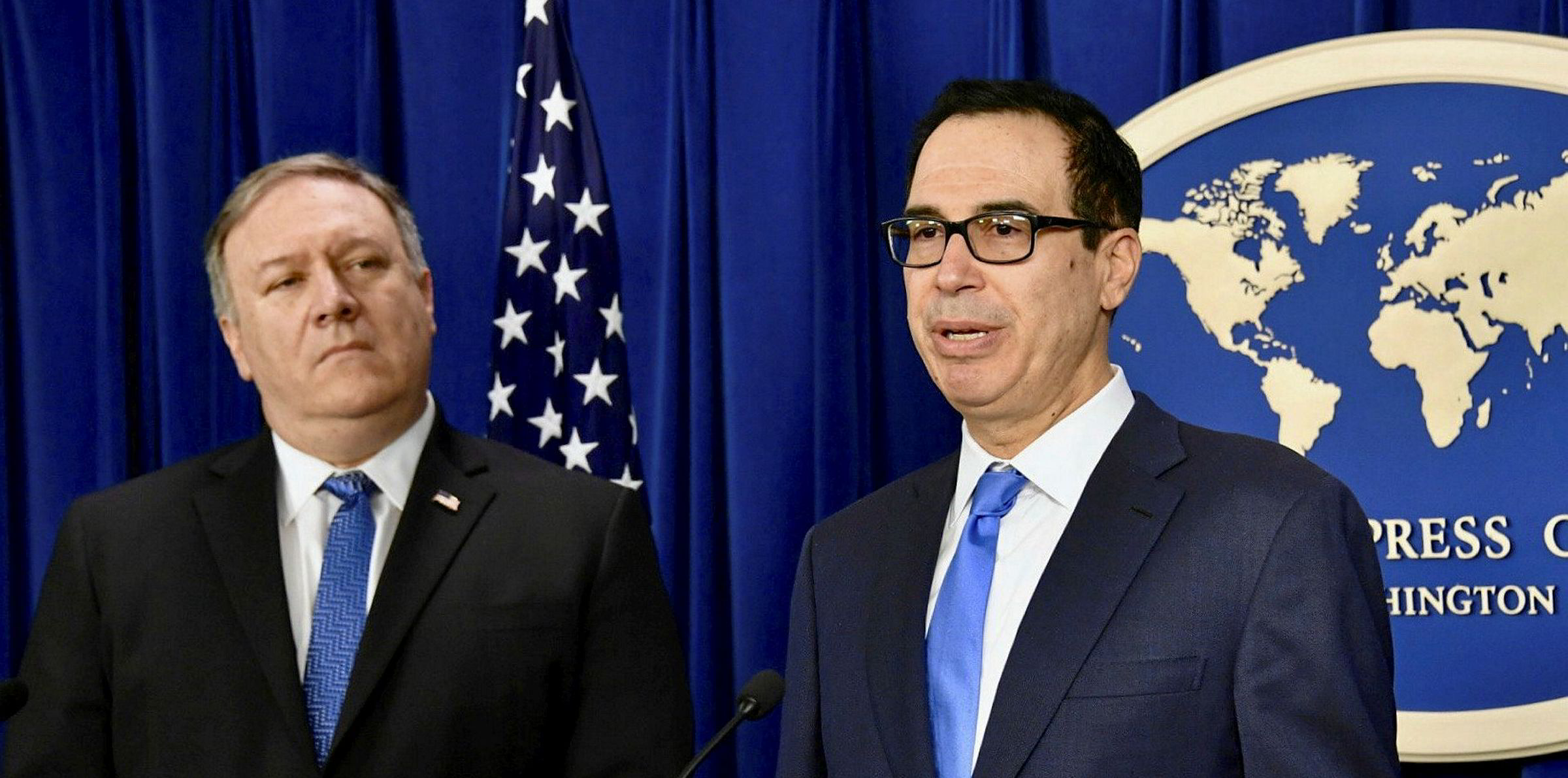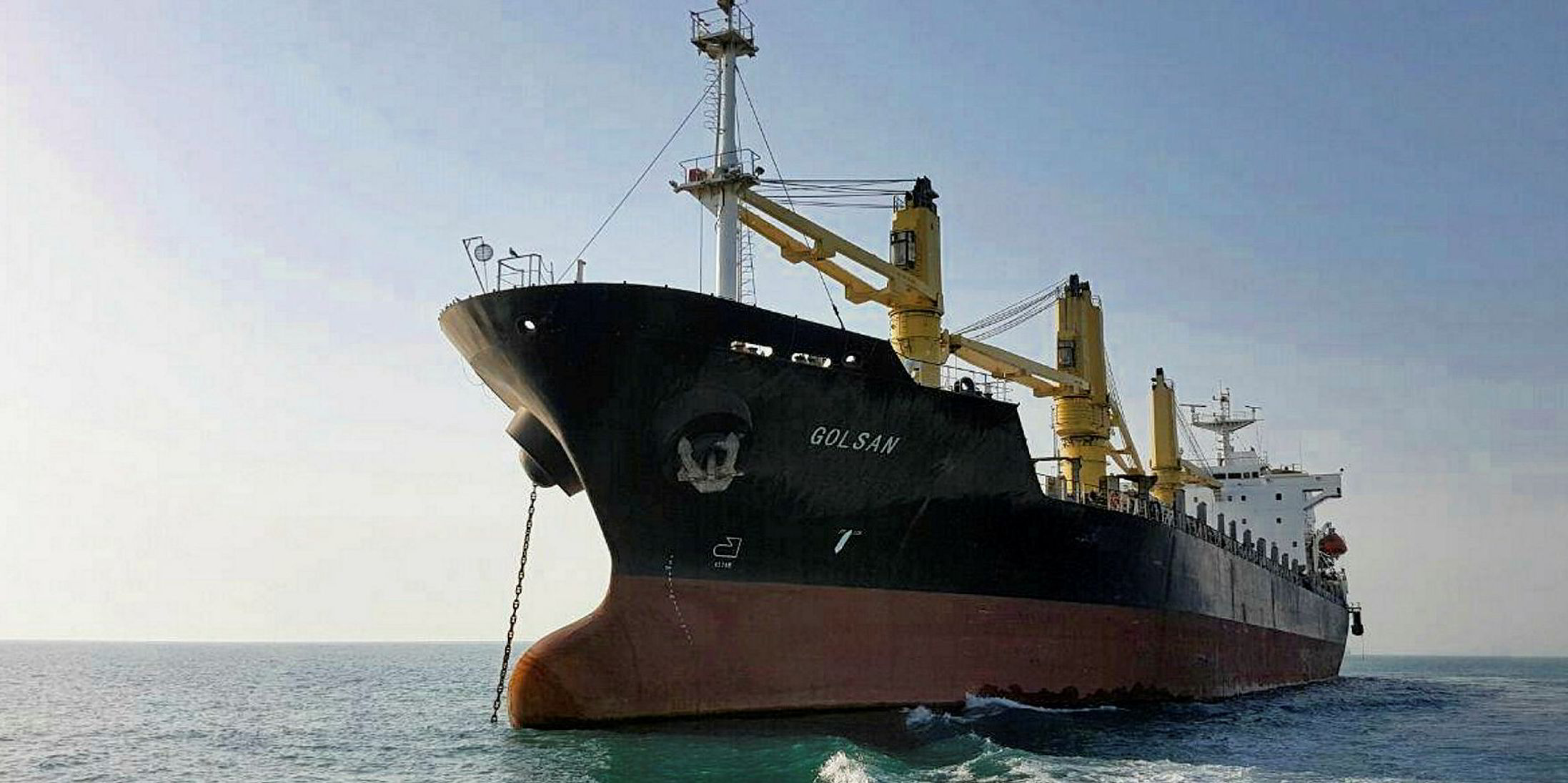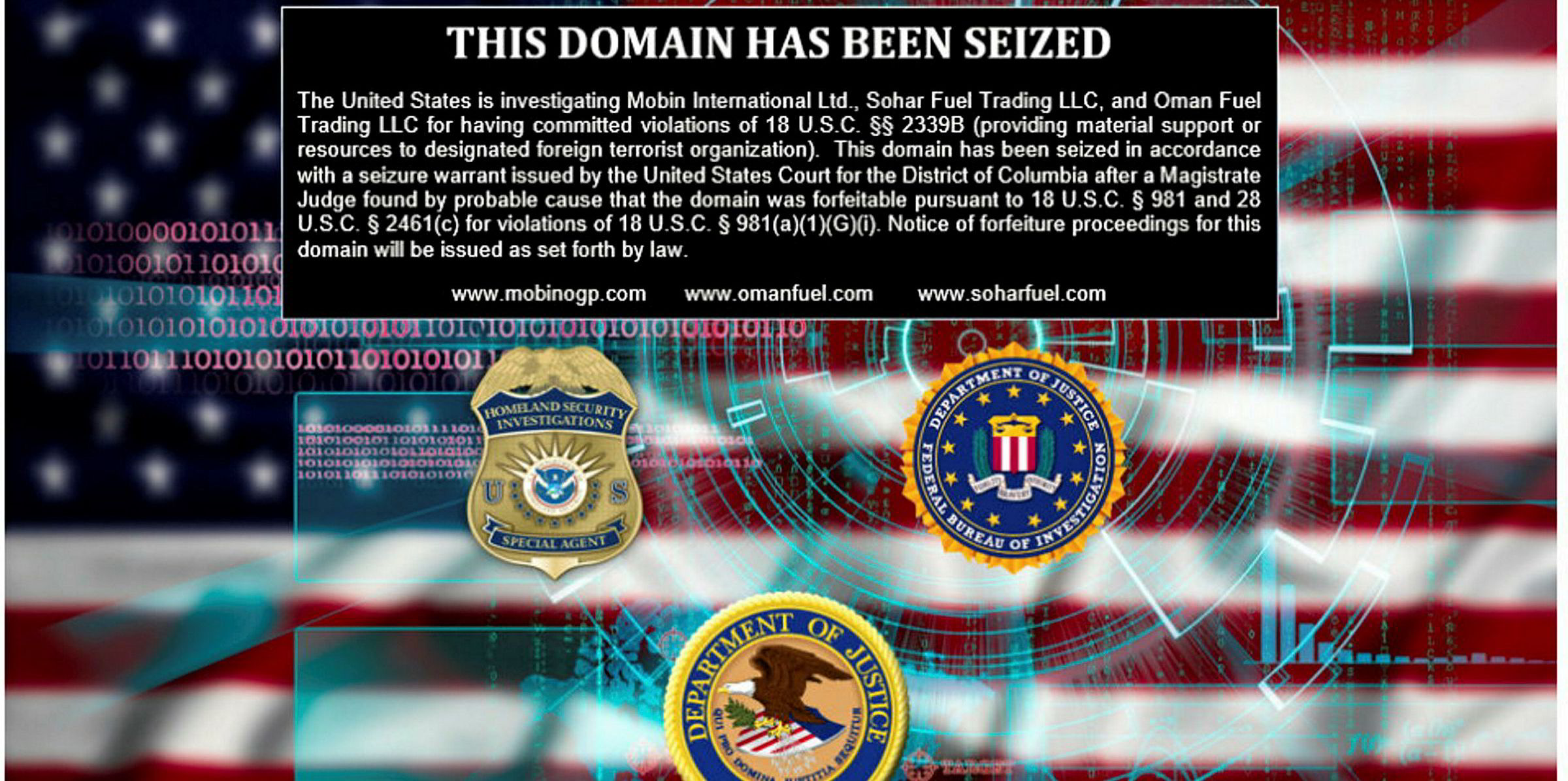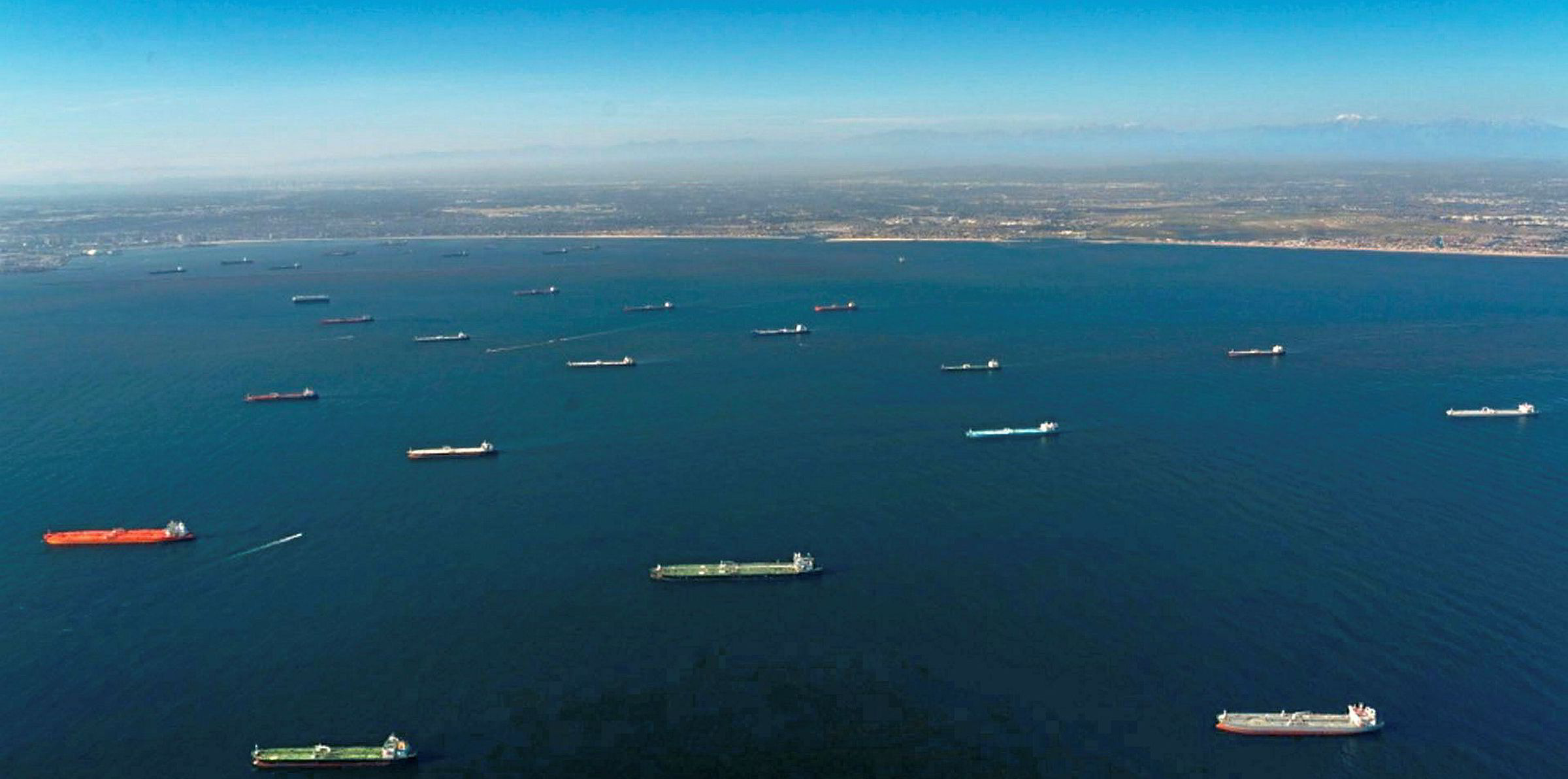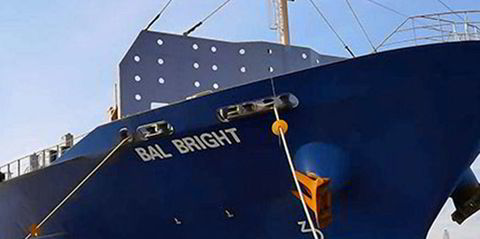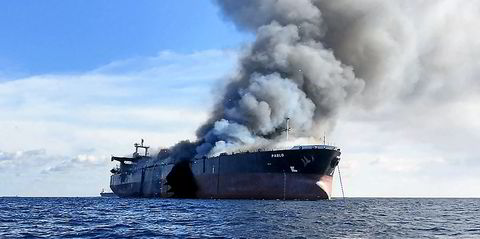Three more Chinese shipping companies and a pair of executives have been blacklisted by the US after they allegedly shipped petroleum products from Iran.
New Far International Logistics, Sino Energy Shipping and Zhihang Ship Management have all been hit with sanctions, along with Sino Energy executive Zuoyou Lin and New Far executive Min Shi.
Those five, plus Iranian Abadan Refining and UAE-based Chemtrans Petrochemicals Trading, were said to have been significantly involved with the Islamic republic's oil industry.
"Iran's petroleum industry is a major source of revenue for the Iranian regime and funds its malign activities throughout the Middle East," the US State Department said on Thursday.
"Our actions today reaffirm the United States' commitment to denying the Iranian regime the financial resources it needs to fuel terrorism and other destabilising activities."
According to shipping databases, New Far International Logistics is based in Hong Kong and is the owner and manager of a single ship, the 46,000-dwt product tanker Marina Bloom (built 2000).
Shanghai-based Zhihang Ship Management manages six tankers, including the Marina Bloom: the 19,508-dwt Ocean Spirit (built 1998), the 46,000-dwt Blue Spring (built 1998), the 46,475-dwt Chem Peace (built 1999), the 19,455-dwt Pacific Spring (built 1999) and the 45,809-dwt Symhony II (built 1997).
Sino Energy Shipping is based in Hong Kong and appears to have no connections to any ships.
No ships were sanctioned in the latest round of blacklistings.
Tensions between the US and Iran have only risen further in recent months, with Iran successfully delivering more than 1m barrels of gasoline to Venezuela — another US rival — in late May and June.
A second attempt to send gasoline to the South American country aboard four Greek-owned tankers failed when the US convinced the ships' owners to offload the cargo after the US secured a seizure order in its courts.
The purported owners of the cargo have argued in US courts that the gasoline was headed to Colombia and Peru via Trinidad & Tobago, not Venezuela, despite Iranian admission the cargo was theirs.
Last month, officials announced the confiscation. Iranian officials fired back, arguing it was an attempt to deflect from the US failure to extend an arms embargo on the country indefinitely in the UN.
Then, on 20 August, the US moved to reimpose UN sanctions on Iran in the international organisation's Security Council.
The US is one of five permanent members that have veto power over all council actions.
It is expected that the US would veto any sanctions relief. Likewise, fellow permanent members Russia and China would veto any new sanctions.
If no action is taken in 30 days, the sanctions would be reimposed.
Other sanctions
Alongside the State Department's shipping sanctions, the US Treasury Department's Office of Foreign Assets Control (Ofac) hit six companies with sanctions for their support of Triliance Petrochemical.
The Hong Kong company was sanctioned in January for its business dealings with Iran.
Ofac described the companies as a network across Iran, the UAE and China helping to buy and sell Iranian petrochemicals.
The blacklisting includes UAE-based Trio Energy, which allegedly brokered sales and Chinese Jingho Technology and Dynapex Energy to facilitate shipments.
It further accused Tehran-based Zagros Petrochemical as the seller and Hong Kong-based Dinrin Limited as helping Zagros to process payments.
